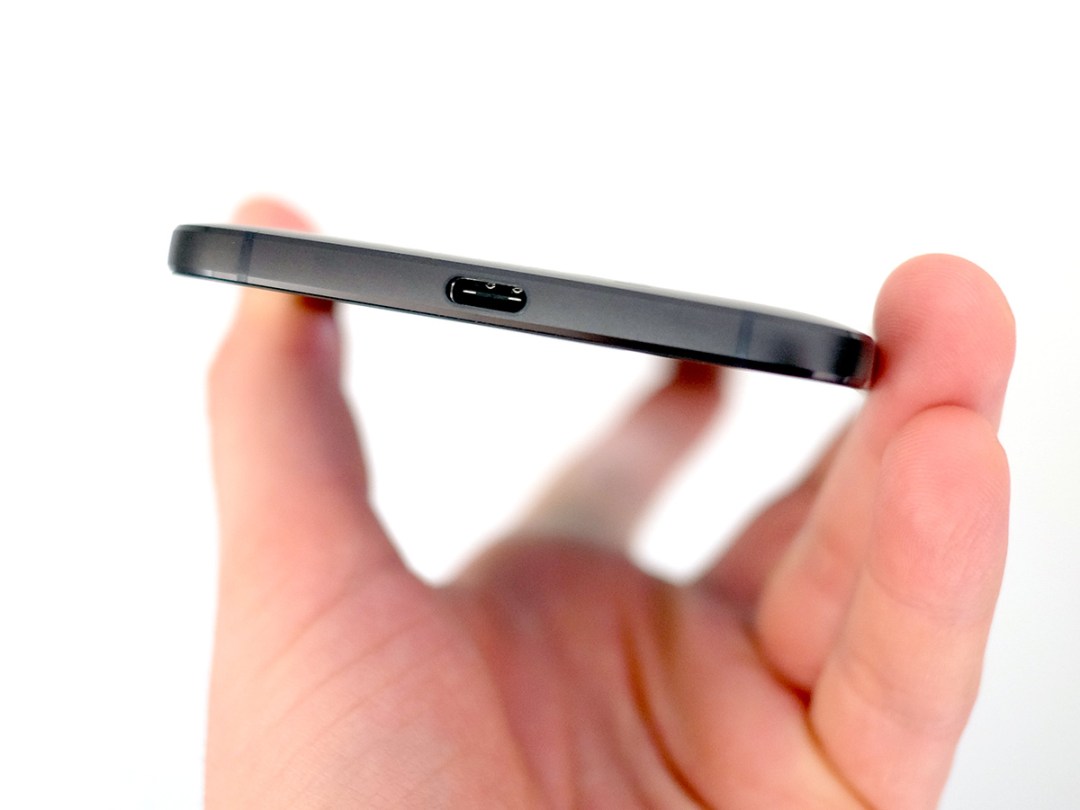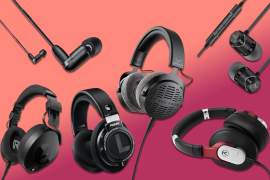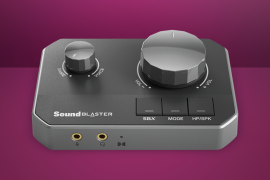Even Intel wants to kill classic 3.5mm headphone ports
And unlike Apple's rumoured iPhone move, Intel's involves USB-C

It’s likely that every portable device you own now – be it a phone, tablet, laptop, or gaming system – has a 3.5mm headphone port, and the standard has been in use for more than 50 years. But your next devices might ditch it.
Apple has been rumoured for months to be eyeing a move to drop the classic headphone port from the upcoming iPhone 7, purportedly to help slim the device further and push forward with newer technology. In that case, the phone would use either wireless or Lightning-connected headphones, with convertors surely available for older headphones.
Whether or not that rumour pans out, Intel is hoping to push other companies away from the 3.5mm port and towards digital audio via USB-C connections (seen here on the Nexus 6P – which has a headphone port on the other end, of course).
At the Intel Developer Forum 2016 in Shenzhen, China, the company gave a presentation about the in-development technology, which Intel says comes from the “industry signaling a strong desire to move from analog to digital.”
Intel plans to have USB-C audio specifications ready by the end of this quarter, which device makers could then use to build their next phones and tablets, for example. The company says it will allow for “simpler devices” and improve power management, along with accommodating newer audio specifications and features.
AnandTech suggests that USB-C audio headsets could have their firmware upgraded via software, allowing for enhanced functionality over time, but consumers are used to headphone jacks – and the lower prices available with those kinds of headphones, headsets, and earbuds. Companies would need to near those price points to get people to make the switch.
Or, perhaps, phone and tablet makers will just make the decision for everyone, forcing them to adapt by either buying a new headset or snagging an adapter. Chinese maker LeEco just did that last week, introducing a few new smartphones without the headphone port, and Apple is rumoured to do the same later this year. If so, can the rest of the gadget industry be far behind?



